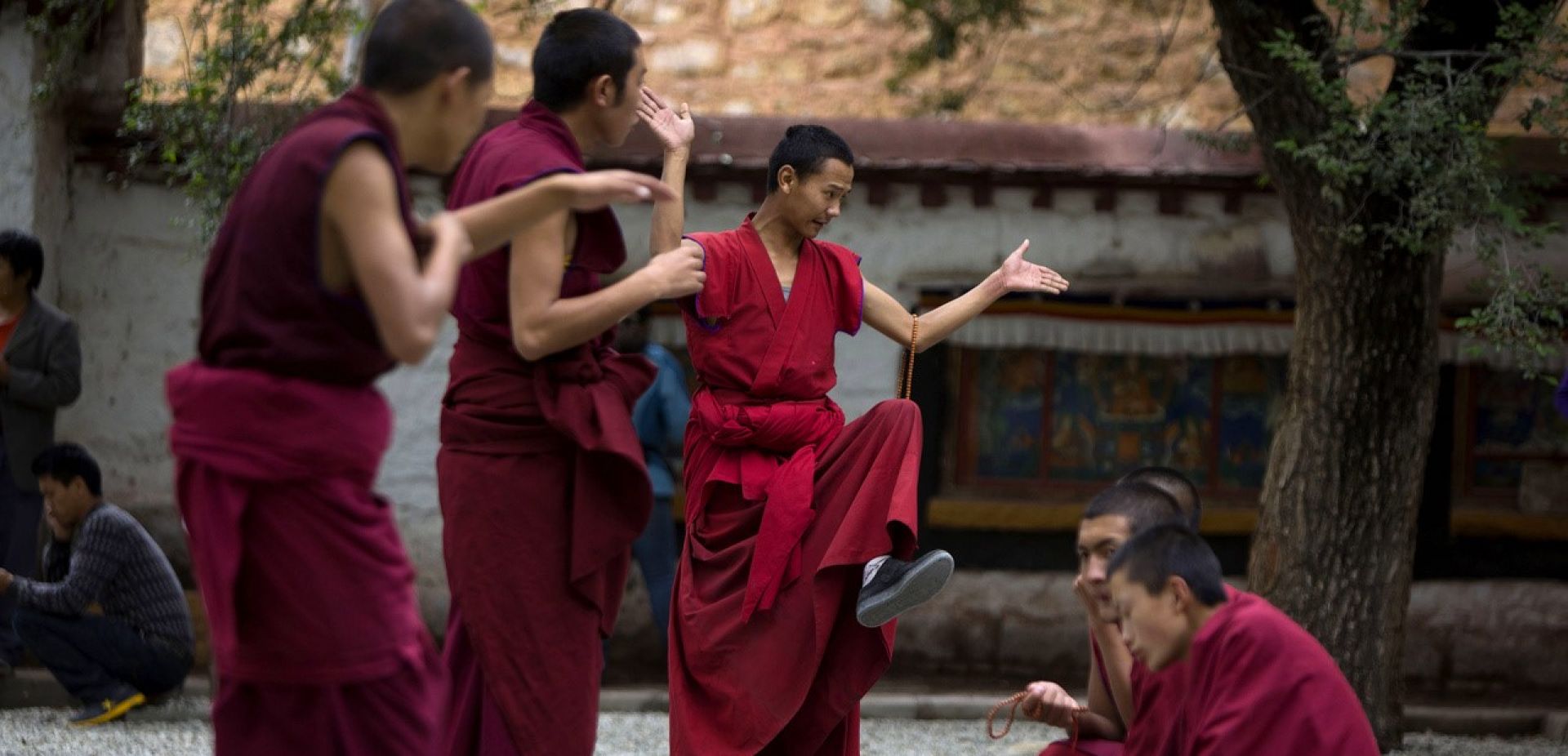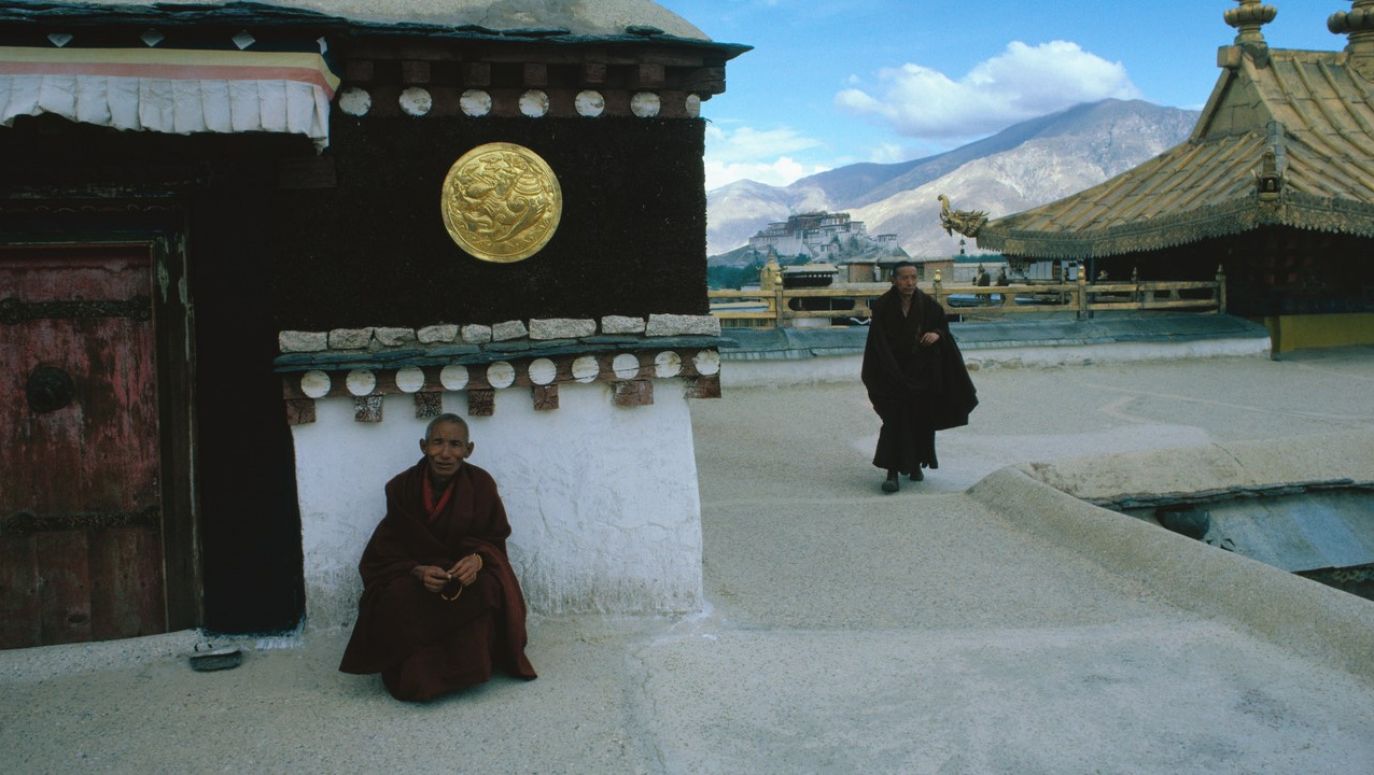Celibacy is usually present in news reports and commentaries as a jumping-off point for journalistic outings or memes - either anticlerical or outright anti-Christian. The fact that other monastic traditions, often older than Christianity, such as the Buddhist or Hindu traditions also require it of their adepts, is spoken of in a semi-cloak or not at all. In an age in which proposals for asceticism are only addressed to one organ, the stomach (and even then only with a view to preventing an epidemic of obesity or diabetes), phrases about the positive role of sexual abstinence hardly pass the lips of the authors.
Be active!
For more than half a century, multitudes of sexologists have been zealously pushing for a true "catch-as-catch-can" on the issue of sexual activity. They insist that it is essential to life, they enumerate the thousandfold inhibitions resulting from celibacy (and the damage it entails). The consequences of celibacy can be a premature decrease in the levels of certain neurotransmitters and hormones, which can cause, among other things, prostate hypertrophy, a tendency to depression and even an acceleration of the ageing process. Meanwhile, the negative effects of sexual abstinence depend on genetic predisposition, the place of sex in a person's hierarchy of needs or the ability to realistically locate one's vigour and feelings in other areas.
Stanislaw Majcher, a Jesuit from Zakopane, used to say tartly that since sex is for health, he must already be a very sick man. It is worth adding (not everyone knows this great retreatist) that Fr Majcher does not look like a lame man. But... It is also thought-provoking to hear Maks exclaim from the film 'Sexmission': "You've f*cked up because you haven't had a boyfriend in a long time. You need a man!". Both may be true.
 SIGN UP TO OUR PAGE
SIGN UP TO OUR PAGE 
Sexual purity (and also the very definition of sexual inactivity as " purity ") is at an incomparably lower price today than it was a generation or two ago. However, for various reasons (not just philosophical or religious), it had value in the past. Why? To find the answer, the natural sciences and new computational methods were involved, allowing reality to be modelled mathematically.
For we are confronted with a serious question from the field of evolutionism: in the case of the voluntary renunciation of offspring (and this is the effect of consistent celibacy), can we still speak of evolutionary benefits at all? It seems impossible: evolutionary success is, after all, to have as many healthy grandchildren as possible. However, anthropologist Ruth Mace from University College London, together with colleagues at Lanzhou University, decided to seek answers to these questions by studying lifelong celibates in Tibet.

 SIGN UP TO OUR PAGE
SIGN UP TO OUR PAGE 







